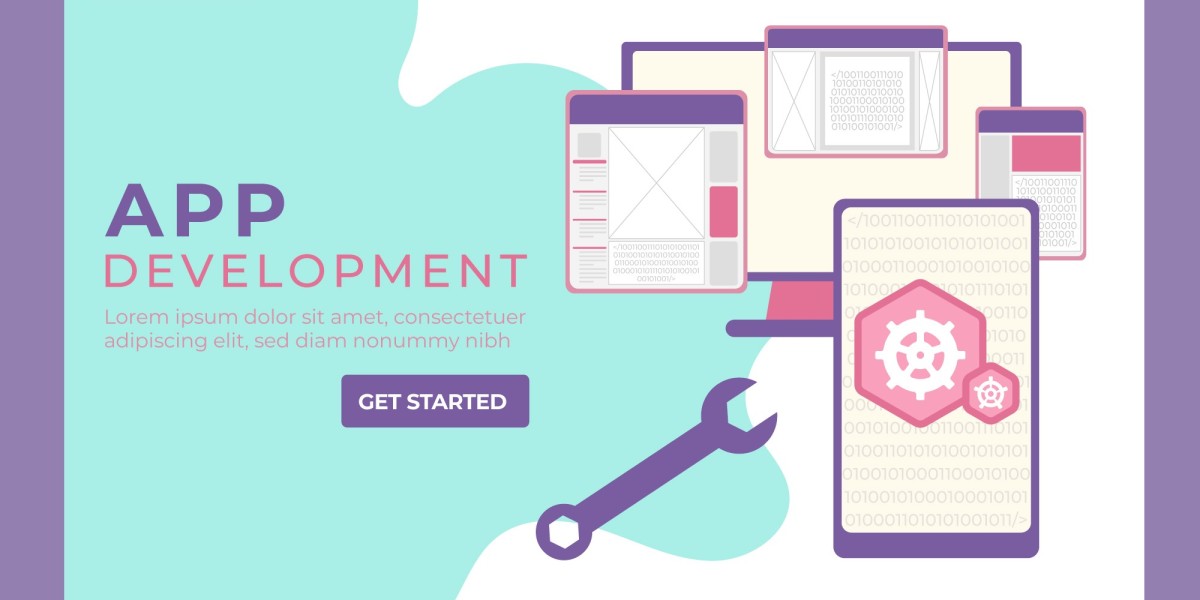Primary ovarian insufficiency (POI), also known as premature ovarian failure, is a condition that affects women typically before the age of 40, where the ovaries cease to function normally. Understanding the primary ovarian insufficiency causes, recognizing its primary ovarian insufficiency symptoms, and exploring available primary ovarian insufficiency treatment options are crucial for women navigating this diagnosis.
Primary ovarian insufficiency causes are diverse and can include genetic factors, autoimmune disorders, chemotherapy or radiation therapy, and certain infections. In many cases, the exact cause remains unknown (idiopathic). Genetic conditions such as Turner syndrome or Fragile X syndrome can predispose women to POI by affecting ovarian development or function. Autoimmune disorders, where the body's immune system mistakenly attacks ovarian tissue, can also lead to ovarian dysfunction.
Recognizing primary ovarian insufficiency symptoms early is essential for timely diagnosis and management. Symptoms may mimic those of menopause and can include irregular or absent menstrual periods (amenorrhea), hot flashes, night sweats, vaginal dryness, mood changes, and infertility. It's important for women experiencing these symptoms, especially before the age of 40, to consult with a healthcare provider for evaluation and appropriate testing.
Diagnosing POI typically involves a combination of medical history review, physical examination, hormone tests (such as follicle-stimulating hormone (FSH) and estradiol levels), and imaging studies to assess ovarian function and rule out other conditions. A diagnosis of POI can be emotionally challenging as it may affect fertility and overall reproductive health. However, early recognition allows for proactive management to optimize health outcomes.
Managing primary ovarian insufficiency treatment focuses on addressing symptoms and potential complications. Hormone replacement therapy (HRT) is a common treatment option to replace estrogen and, if needed, progesterone to alleviate symptoms such as hot flashes, vaginal dryness, and osteoporosis risk. HRT can also help maintain bone health and reduce the long-term risks associated with estrogen deficiency.
For women desiring pregnancy, fertility preservation options such as egg freezing before ovarian function declines significantly may be considered. Although natural conception is less likely in women with POI, assisted reproductive technologies (ART) such as in vitro fertilization (IVF) with donor eggs or embryos may offer alternative paths to parenthood.
Supportive therapies such as counseling, support groups, and lifestyle modifications can also play a crucial role in managing POI. Addressing emotional well-being and adapting to potential changes in reproductive plans are important aspects of holistic care. Women with POI benefit from regular follow-up visits with healthcare providers to monitor hormone levels, bone health, and overall wellness.
Navigating life with POI requires individualized care and ongoing support from healthcare providers, loved ones, and the broader community. Educating oneself about the condition, exploring treatment options, and advocating for comprehensive care are empowering steps for women facing POI. With proper management and support, women with POI can lead fulfilling lives and make informed decisions about their reproductive health and overall well-being.
In conclusion, POI presents unique challenges for women due to its impact on fertility and hormonal health. By understanding the causes, recognizing symptoms early, and exploring effective treatment options, women can take proactive steps towards managing POI and optimizing their quality of life. Embracing a multidisciplinary approach to care ensures comprehensive support for women living with POI, promoting resilience and empowerment in navigating this journey.







